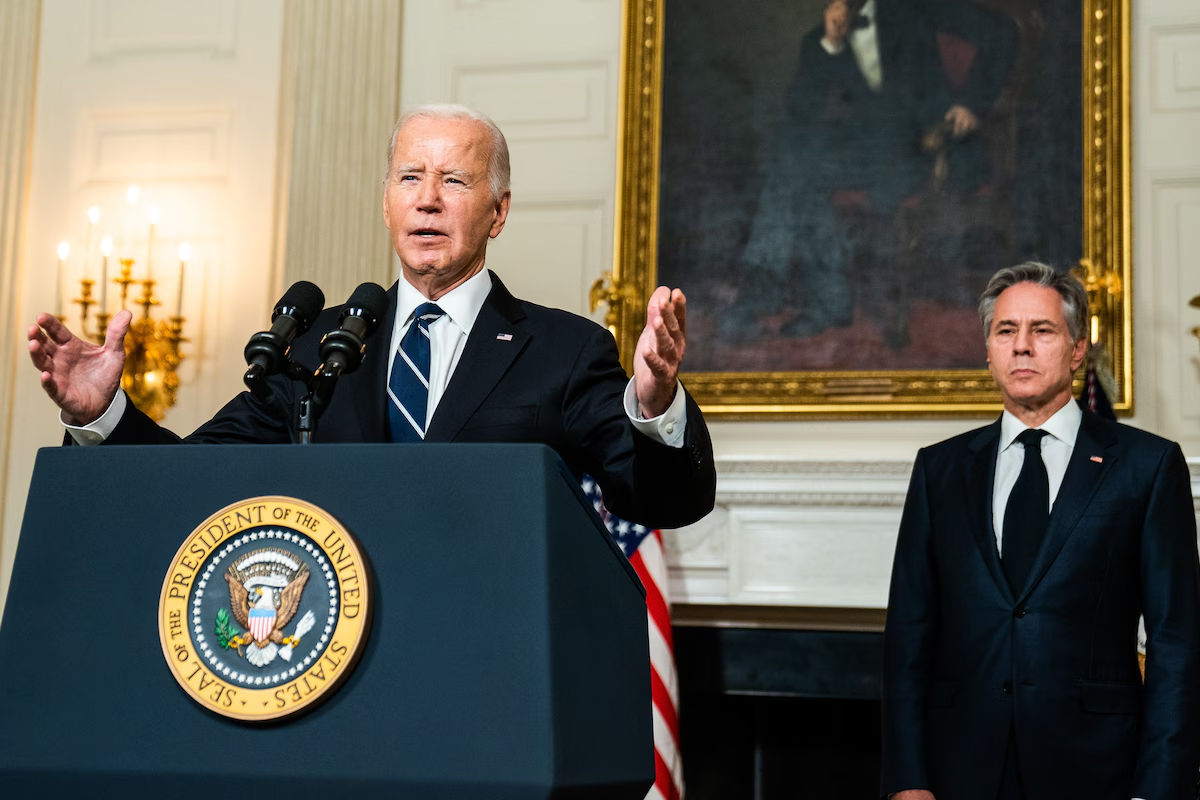The geopolitical landscape is shifting, and the Kremlin is seizing the moment to undermine Donald Trump while the Biden administration escalates military support for Ukraine. As tensions escalate, Putin"s propagandists are openly mocking Trump, raising alarming questions about the impact on U.S. foreign policy and global security.
Trump Challenges Putin Amid War and Controversy
In a recent outburst, Trump expressed his disappointment in Vladimir Putin, criticizing the Russian leader for his lack of seriousness in peace negotiations. This public confrontation comes as the Biden administration has authorized an extensive new weapons package for Ukraine, which includes nearly $48.7 billion in security assistance. This funding is meant to bolster Ukraine"s defenses against the ongoing Russian aggression and to pressure Putin into serious negotiations.
Putin"s Propaganda Machine Goes into Overdrive
Rather than bowing to Trump"s criticisms, Putin"s allies have ramped up their attacks on the U.S. President, questioning his mental fitness in a blatant display of psychological warfare. During an episode of Solovyov Live, pro-Kremlin commentator John Varoli claimed that Trump"s cognitive abilities are deteriorating. He pointed to Trump"s comments about listening to his wife, Melania, regarding geopolitics as evidence of his supposed decline. Varoli"s remarks are part of a broader strategy to undermine Trump"s credibility on the world stage, particularly as the U.S. intensifies its military support for Ukraine.

Donald Trump wins, speech in West Palm Beach, Florida
Escalation of Military Aid Raises Ethical Concerns
The Biden administration"s decision to send advanced weaponry to Ukraine, including anti-air missiles and armored systems, is being framed as a necessary step to counter Russian aggression. However, the implications of this military escalation are profound, especially considering the ongoing humanitarian crisis in Ukraine. The influx of advanced weaponry could lead to increased civilian casualties and further destabilization of the region. As a journalist focused on social justice, it is crucial to examine how these military decisions impact marginalized communities both in Ukraine and here at home.
Consequences for Global Security and Environmental Justice
The current conflict in Ukraine is not just a geopolitical crisis; it also has far-reaching implications for environmental justice. As reported, the U.S. government has committed significant resources to military aid, yet the same urgency is not being applied to combat climate change and promote sustainability. The funds allocated to military interventions could be redirected towards renewable energy initiatives that address the climate crisis while fostering global stability. This disparity raises critical questions about how we prioritize our resources and the long-term implications for vulnerable populations facing the brunt of both war and environmental degradation.

As 2024 looms, Biden unveils $106 billion foreign aid package ...
Public Health and Political Responsibility
The skepticism surrounding Trump"s mental acuity is not merely a political talking point; it underscores the broader concern regarding leadership and public health. As the U.S. grapples with the consequences of political decisions that impact both national and global security, it is essential to demand accountability from our leaders. The potential for reckless policy-making—exemplified by Trump"s often erratic statements—could have dire consequences for international relations and public safety. Just as the environmental movement advocates for accountability in climate policy, we must also hold our political figures accountable for the decisions they make in times of crisis.



![[Video] Gunfire between Iraqi security forces and Sadr militias in Baghdad](/_next/image?url=%2Fapi%2Fimage%2Fthumbnails%2Fthumbnail-1768343508874-4redb-thumbnail.jpg&w=3840&q=75)
